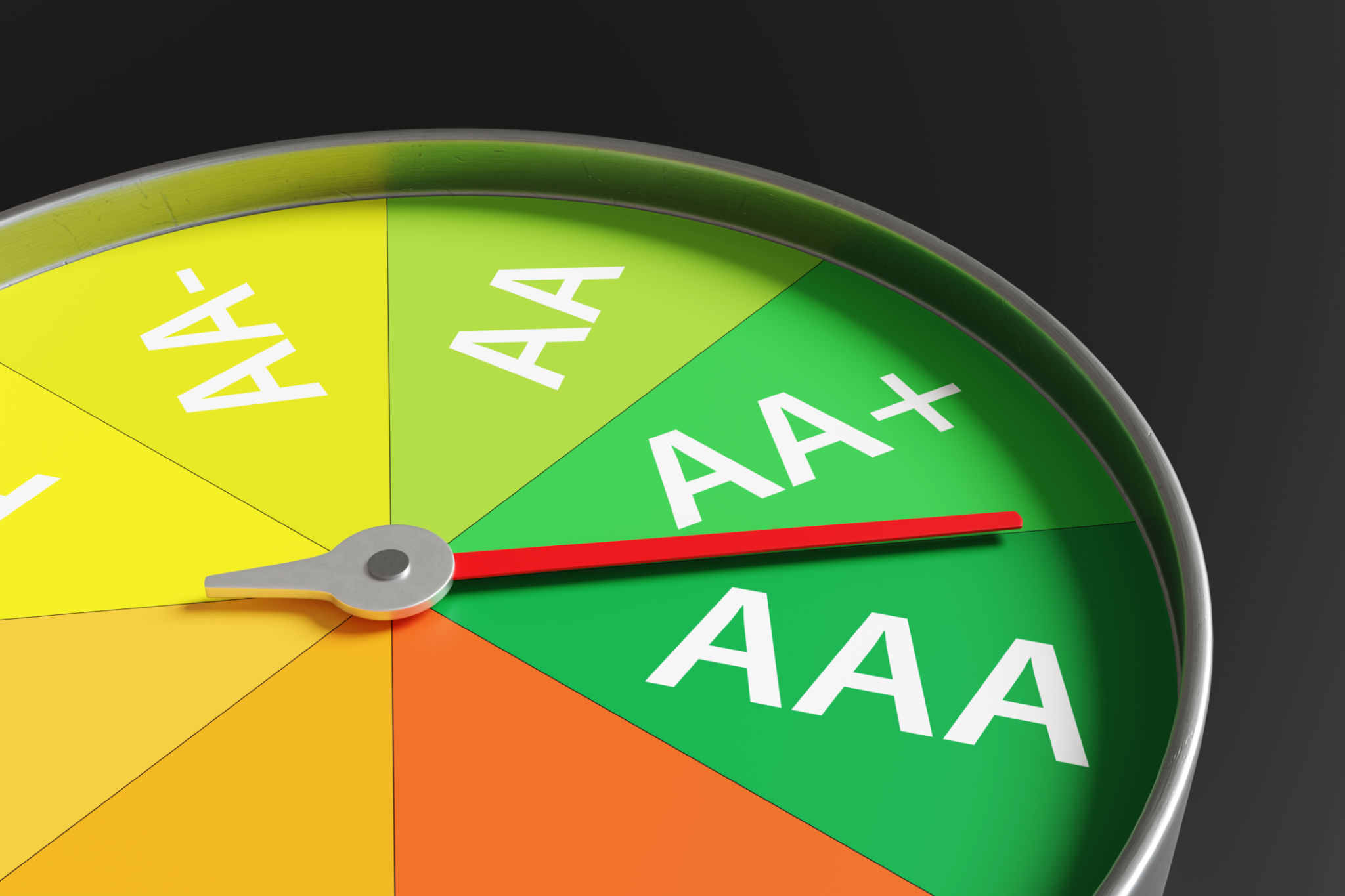How to Improve Your Credit Score Before Applying for a Mortgage
Understanding Your Credit Score
Your credit score is a crucial factor when applying for a mortgage. It can impact your loan approval and the interest rates you are offered. Understanding how this score is calculated will help you make informed decisions to improve it. The three-digit number is derived from your credit report and reflects your financial behavior.
Credit scores typically range from 300 to 850, with higher scores indicating better creditworthiness. Factors such as payment history, credit utilization, length of credit history, new credit inquiries, and types of credit used all influence your score.

Check Your Credit Report
Before applying for a mortgage, it's essential to review your credit report for any errors. Inaccuracies in your credit report can negatively impact your score, so obtaining a free copy from major credit bureaus like Equifax, Experian, and TransUnion is a good first step.
Once you have your report, look for mistakes such as incorrect account information, wrong payment statuses, or unrecognized accounts. If you find any errors, dispute them immediately with the respective credit bureau to have them corrected.
Pay Your Bills on Time
Your payment history is a significant component of your credit score. To improve this aspect, ensure that all your bills are paid on time. Consider setting up automatic payments or reminders to avoid missing due dates. Late payments can stay on your credit report for up to seven years, so consistency is key.

Reduce Your Credit Card Balances
Another critical factor in your credit score is credit utilization, which refers to the ratio of your credit card balances to your credit limits. Aim to keep this ratio below 30%. If you're carrying high balances, work on paying them down as quickly as possible. This not only improves your score but also reduces the amount of interest you pay over time.
If possible, make extra payments each month or target one card at a time to pay off completely. This strategy can help you manage debt more effectively and improve your financial standing.
Avoid New Credit Applications
Every time you apply for new credit, a hard inquiry is made on your credit report, which can temporarily lower your score. To avoid this dip, refrain from applying for new credit cards or loans before applying for a mortgage. Lenders may perceive multiple inquiries as a sign of financial instability.

Keep Old Credit Accounts Open
The length of your credit history also affects your score. Keeping older accounts open can positively contribute to this factor. Even if you no longer use an account, it can still benefit your score by extending your overall credit history duration. However, ensure these accounts do not have annual fees that could cost you unnecessarily.
Monitor Your Progress
Improving your credit score is not an overnight task; it requires consistent effort and monitoring. Use online tools or apps to keep track of your score and monitor any changes over time. Regularly reviewing your financial habits can help you identify areas for improvement and ensure you're on the right path towards achieving a mortgage-ready credit score.
By taking these proactive steps, you can enhance your credit profile and increase your chances of securing favorable mortgage terms. Remember that financial discipline and patience are key components in this journey.
